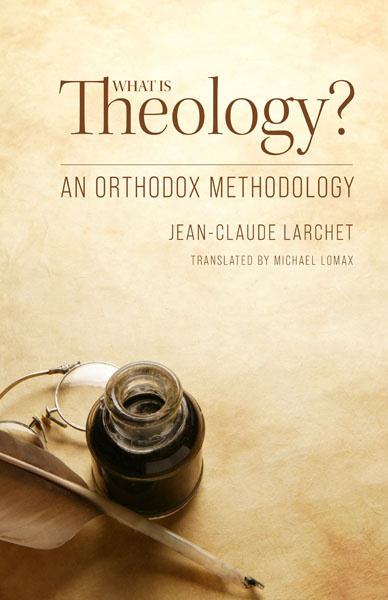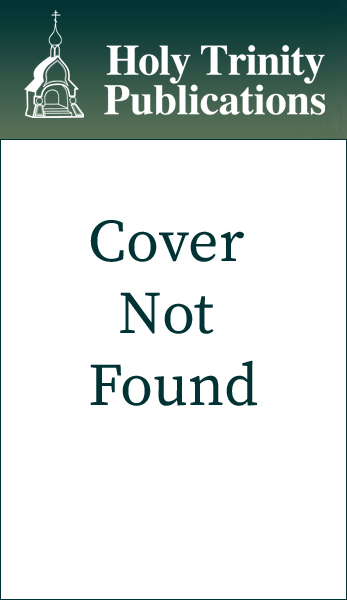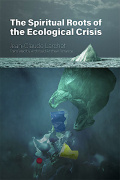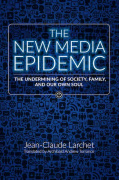What Is Theology?
An Orthodox Methodology
- AvailablePaperback9781942699514168 pages: USD 24.95 / GBP 22.95 Add to basket
- AvailableDigital9781942699569: USD 9.99
— About the Book —
Orthodox theology is intimately linked to spiritual experience. Thus it has a very different meaning to the present usage of “theology” coming from academia. The scientific methods developed in the West since the seventeenth century can be of benefit in many regards; however, strong roots in the Orthodox tradition are needed to avoid the risk of theology being "eaten up" by the human sciences.
These roots are in the mystical tradition of the Church as passed down from the beginning and as expressed in the Holy Scripture, the Councils, the writings of the Fathers, the lives of saints, and its iconography; and as nourished in the liturgical life of the Church. This tradition “expresses the faith of the Church beyond time, the permanent faith of the Church, which is fundamentally the faith in Christ who ‘is the same yesterday, today and forever’ (Hebrews 13, 8).”
The author presents a work that has both a theoretical and a practical scope, and is of relevance to all Christians.
— Contents —
Foreword
INTRODUCTION
Chapter I. THEOLOGY: ORIGINAL NATURE, SUBSEQUENT EVOLUTIONS AND SHAPES
- Theology in its most elevated sense: mystical theology
- The practice of theology in the Church: catechetical, apologetic and doxological theology
- The birth and development of speculative theology
- The conditions for practicing theology in an Orthodox setting
- The birth and development of academic theology
Chapter II. THE USEFULNESS OF SCIENTIFIC METHODS IN THEOLOGY
- Bibliographic research
- The critical editions of texts and their use
- Historical criticism
- The use of references (precise and exact)
- Rational argumentation
Chapter III. DOGMATIC THEOLOGY
Chapter IV. SACRED SCRIPTURE AND ITS EXEGESIS
- The status of Sacred Scripture in the Orthodox tradition
- The deleterious character of modern Protestant exegesis and Catholic exegesis
- Principles of Orthodox exegesis
Chapter V. PATROLOGY
- The essential place of patrology in the teaching of Orthodox theology
- The importance of knowledge of the Fathers in theological knowledge and understanding
- The need for reference to the Fathers in the practice of theology
- On the proper use of the Fathers in the practice of theology
- Thinking in the spirit of the Fathers
- The continuing relevance of the Fathers today
- Studying the Fathers in their works and not in the commentaries on them
- Methodology of patristic studies in the field of research
Chapter VI. CHURCH HISTORY
Chapter VII. MORAL THEOLOGY AND BIOETHICS
- Moral theology
- Bioethics
Chapter VIII. HAGIOLOGY
Chapter IX. ICONOLOGY
Chapter X. STUDY OF THE CANONS
Chapter XI. PASTORAL THEOLOGY AND HOMILETICS
Conclusion
Notes
Index







